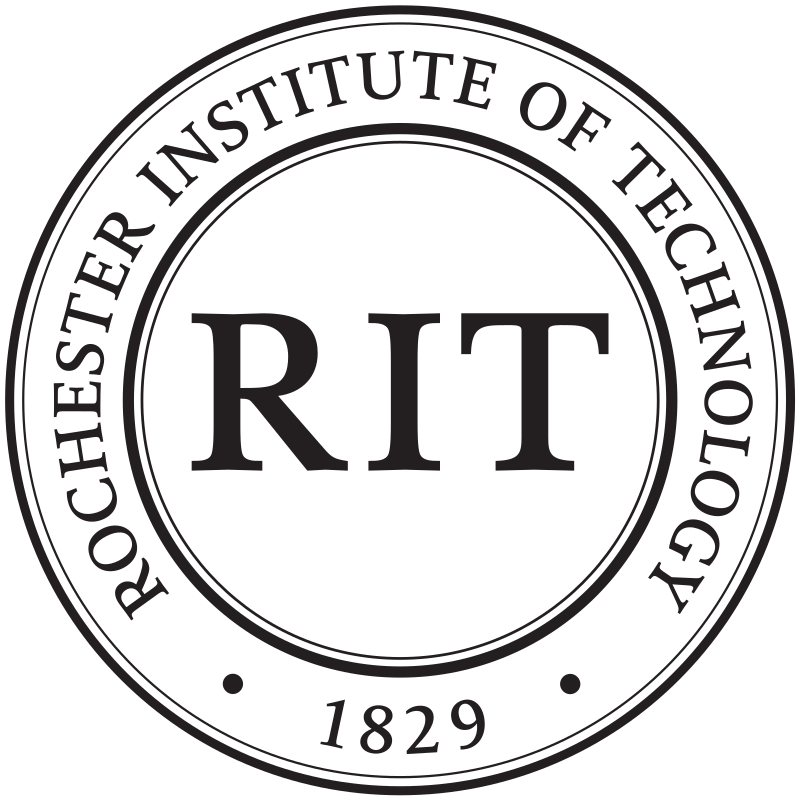
Foreign Education Consultants
Typically replies within minutes
Foreign Education Consultants
Hi There,
How can I help you?

Foreign Education Consultants
Typically replies within minutes
Foreign Education Consultants
Hi There,
How can I help you?
Get university recommendations.
Create SOP for free
Direct university communication
Track your application
Online payments
Don't have an account?
Get university recommendations.
Create SOP for free
Direct university communication
Track your application
Online payments
Already have an account?
Get university recommendations.
Create SOP for free
Direct university communication
Track your application
Online payments
Got your password?

Application Fee
The MFA in ceramics develops your intellectual and artistic thinking through an extensive curriculum. You will rigorously examine the work of historical and contemporary artists and craftspeople as you expand your knowledge of the techniques within the ceramics field. In-depth critiques give you a deep understanding of your own work as well as your peers to enhance your artistic expression and personal voice. Earning your degree in ceramics will deepen your understanding of aesthetics, forming processes, and fine art theory as it further enhances your career in ceramics.
RIT's MFA in ceramics focuses on artistic development through an intensive teaching of the aesthetics and techniques of ceramic design. Graduate studio courses, seminar courses, and in-depth critiques, in conjunction with thesis planning and implementation, provide students with a deep understanding of not only their own work but the work of other students and their peers. Students examine the creativity, perceptions, aesthetics, and criticism of the work of contemporary artists and craftspeople in courses and discussions. Thesis reviews track students' progress towards the final thesis presentation, which is completed when a formal critique and evaluation is performed by the thesis committee.
Ceramics is an artistic craft in which objects from earthenware, stoneware, and porcelain (including pottery, vases, bowls, sculptures, tiles, and more) are created and shapes using a mixture of clay, silica, feldspar and other materials. Once an object has been created, it is fired in a kiln, or a high temperature oven. Afterwards, may ceramic objects are then decorated with paints, glazes, and other finishing materials.
Ceramics, MFA degree, typical course sequence
Course Sem. Cr. Hrs.
First Year
CCER-601 Ceramics Practice 6
CCER-611
Ceramic Processes
6
STAR-701 Technology in the Studio 3
STAR-702 Studio Art Research 3
STAR-714 Ideation and Series 3
Open Electives
6
Professional Elective
3
Second Year
CCER-601 Ceramics Practice 6
CCER-611
Ceramic Processes
6
STAR-706 Business Practices for Studio Artists 3
STAR-718 Research Methods and Publication 3
STAR-790 Research and Thesis 3
STAR-890 Thesis 6
Open Elective
3
Total Semester Credit Hours
60
Professional Electives
Course
ARTH-600+
Any ARTH-600 level course or above
IDEA-705 Thinking About Making: The Practice of Art in a Global Society
IDEA-776 College Teaching and Learning
STAR-635 Curating and Managing Art Spaces
STAR-645 Art Exhibition Critique
STAR-758 Studio Art Critique
NULL
Admission Requirements
To be considered for admission to the MFA program in ceramics, candidates must fulfill the following requirements:
Tuition fee-2 years1,06,000
Total fee-2 years1,44,000



